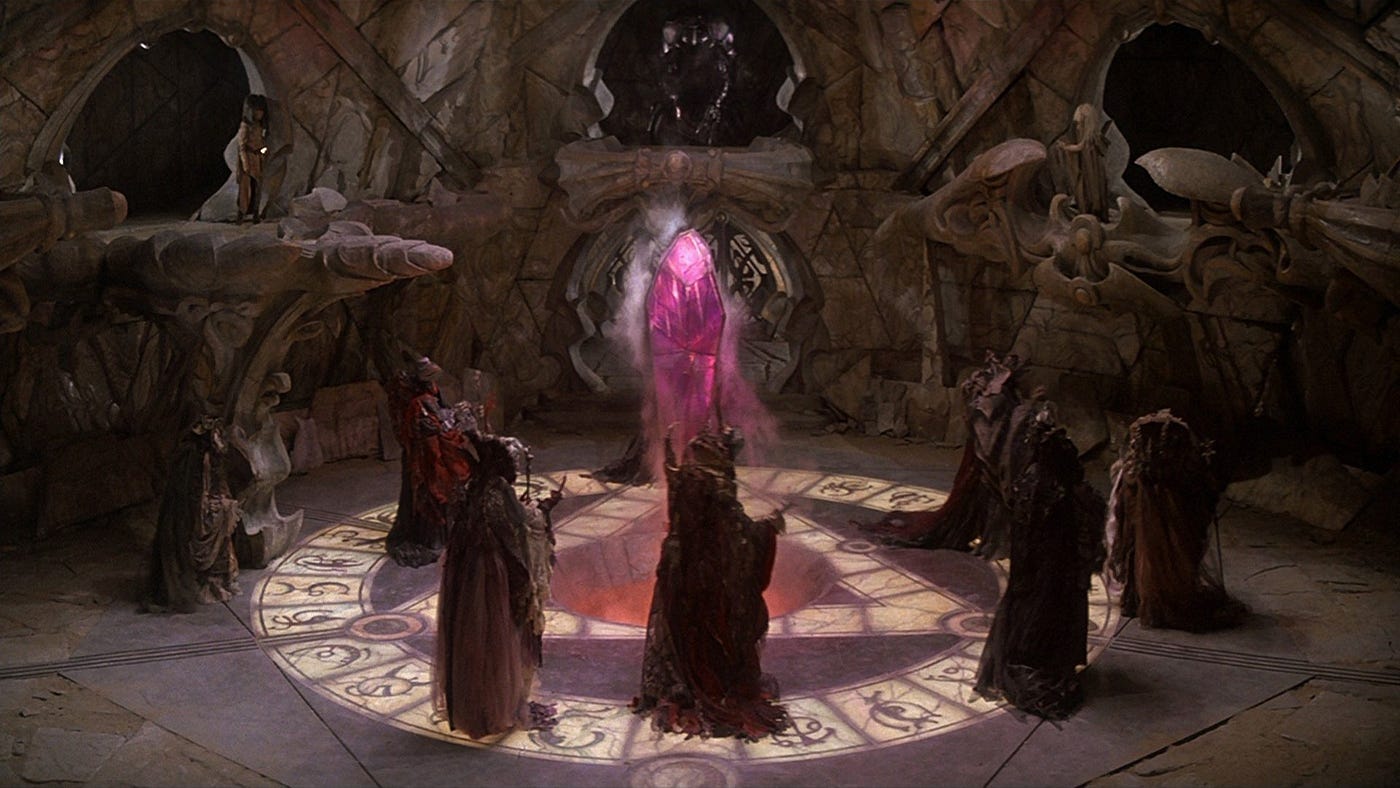How Science Played With Magic And Got Burnt

For all the innovation of science, we still fundamentally depend on magic potions and rocks. Fossil fuels are the magic potions brewed deep in the earth, and magnets, uranium, and rare earth minerals are the magic rocks. We can cast incantations over these ingredients and the incantations work, but we still need to find very specific ingredients to throw in the pot.
Arthur C. Clarke said “any sufficiently advanced technology is indistinguishable from magic,” and illustrated it thus:
“Suppose you went to any scientist up to the late nineteenth century and told him: “Here are two pieces of a substance called uranium 235. If you hold them apart, nothing will happen. But if you bring them together suddenly, you will liberate as much energy as you could obtain from burning ten thousand tons of coal.” No matter how farsighted and imaginative he might be, your pre-twentieth century scientist would have said: “What utter nonsense! That’s magic, not science. Such things can’t happen in the real world.”
Even generating regular electricity usually involves waving a special rock around some copper wire. This is electromagnetism, which is fundamentally weird as shit. These are all forces that ‘just are’ about the universe. If you keep asking ‘why?’ scientific explanation just stops at a point. It might as well be magic.
The difference between science and magic is that the former has enough explanatory and self-correcting power to enable us to make things out of the magic rocks and potions once we find them. While the ancients had a sense that there certainly was magic in the world, their models were wrong and they couldn’t harness it. We’re able to understand how these magical objects work and so we can harness the wind. Which is kinda the problem. We understood how before we understood why or why not. And so we reap the whirlwind.
One of the general senses around magic was that it was dangerous, treacherous, and you couldn’t generally trust the people using it. However, we stopped believing in magic at precisely the point it began working. We just plunged on ahead discarding the ignorant past, ditching all the wisdom (and fear) we’d accumulated around the concept. Instead we used magic to fill our homes and trim our beards and send pictures through the air with no awareness of the forces we were playing with. And so — like every folk story where some dimwit gets magical powers — we end up ruined.
My thesis about magic spells or flight or communication over long distances is that our ancestors always knew it was possible, just as much as we do. You have to imagine doing something before doing it, and culturally we imagined all the things we’re doing now long hence. In my view computer programs and plans and telephones are not repudiation of mythology as much as their proof. We always knew it was possible, just not how. Isn’t it that way with anything?
The tragedy is that once we realized those ancient dreams, we simultaneously discarded all past thinking about the subject as mere stories and superstition. What we lost was the wisdom those stories contained, especially about the pitfalls of magic, especially in the hands of bad people and idiots. We presumed that because we could do something we should do it, and discarded the humanities and religion as backwards. We cast aside the old lessons at precisely the point we most needed them. And so we end up with nature and the higher gods teaching us the hard way, by taking this civilization out to the woodshed.
The hubris of science has been discarding prior knowledge because it couldn’t work actual miracles. What we thus missed is what to do with miracles when they happen, and how to tell them apart from curses. Science and its bedfellow capitalism have no inherent morality at all, and this is presumed to be a good thing. Goodness is just supposed to emerge magically from curiosity and greed, the two things that kill you quite predictably in folk stories. And so we end up dying in mountains of data, missing the basic lessons contained in children’s stories.
This is the paradox of modern secular belief in science and progress. We live surrounded by magic and don’t believe in it. And so we have no respect, awe, and — most importantly — fear. If a magician does an impressive card trick on the street, people run away screaming. And yet we walk down streets full of belching metal monsters without blinking. How are they moving? What the fuck are they doing? Is this a good idea? We don’t ask any of these questions, and so the answer surprises when it arrives in its brutal finality. We drunk the hell out of magic potion, we plumbed the depths for magic rocks, we wasted lots of it on sheer vanity, and now the magic’s running out.